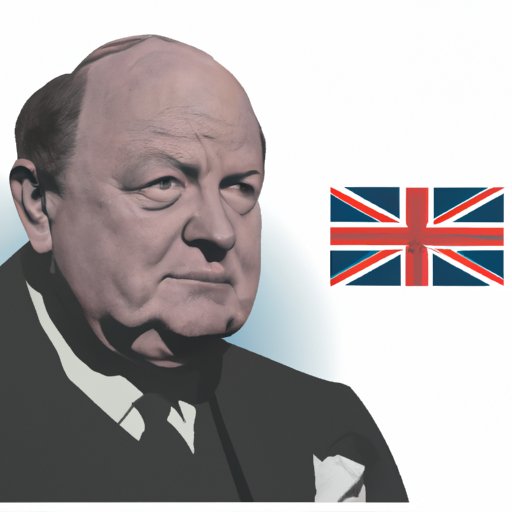Introduction
Leadership is the process of influencing people to achieve a goal. A good leader understands the needs of their followers and can effectively guide them towards success. Winston Churchill was one such leader. During his long career as a statesman, he demonstrated remarkable skill and determination in the face of great challenges. This article will explore why Churchill was an effective leader and how his legacy has impacted the world we live in today.
Churchill’s Strategic Vision
From a young age, Churchill was able to think strategically. He had a clear-eyed view of war and its terrible consequences. His understanding of international politics enabled him to anticipate challenges before they arose. In the 1930s, he warned of the dangers of Nazi Germany and the need to rearm the British military. He was proven right when Hitler invaded Poland in 1939, plunging Europe into World War II.
Churchill was also an astute observer of human nature. As historian John Lukacs noted: “He saw more clearly than most of his contemporaries and adversaries the human weaknesses as well as the strengths of individuals and nations.” His keen insight allowed him to make informed decisions in difficult situations.
Churchill’s Leadership Style and Charisma
Churchill was a dynamic leader who inspired loyalty and respect from those around him. He was known for his tenacity and willingness to take risks. He was not afraid to make unpopular decisions if he believed it was the right thing to do. He also had a unique ability to connect with people, both allies and enemies alike. His charisma and sense of humor endeared him to many.
As a leader, Churchill was committed to the cause. He was willing to sacrifice his own comfort and safety for the greater good. He worked tirelessly to rally support for the war effort and to ensure victory. His courage and resilience were a source of strength for the British people during the darkest days of the conflict.
Churchill’s Ability to Inspire Others
One of Churchill’s greatest gifts was his capacity to motivate and inspire those around him. He was passionate about his beliefs and optimistic about the future. He was able to give encouragement to those who needed it most. He used rhetoric to stir emotions and rally public opinion in support of the war effort.
As Prime Minister, Churchill was a master of the spoken word. His stirring speeches are remembered to this day. The famous phrase “never surrender” was a rallying cry that galvanized the nation. It embodied his unwavering commitment to defeating Hitler and restoring peace to Europe.
Churchill’s Commitment to Victory in WWII
Throughout the war, Churchill showed tremendous courage and determination. He refused to accept defeat, even in the face of overwhelming odds. He negotiated skillfully with foreign leaders, while maintaining a firm stance against Hitler. He was willing to make difficult decisions, such as ordering the bombing of German cities, in order to bring the war to an end.
Churchill’s efforts paid off in 1945, when the Allies emerged victorious. His leadership had been instrumental in achieving this outcome. The British people credited him for saving the country from destruction and for ensuring their freedom.
Churchill’s Legacy of Positive Change
After the war, Churchill played a key role in establishing the United Nations. He was also instrumental in helping to rebuild the economies of Europe and create a stronger post-war Britain. He supported social reforms and championed free trade between countries. His legacy of positive change is still felt today.
Churchill’s Role in Building a Stronger Post-War Britain
In the aftermath of the war, Churchill focused on rebuilding infrastructure and strengthening alliances. He promoted international trade and encouraged investment in science and technology. He also sought to improve relations with former enemies. These efforts laid the foundation for a more prosperous and secure Britain.
Conclusion
Winston Churchill was an inspirational leader who guided the British people through some of their darkest hours. He possessed a strategic vision and a strong commitment to victory. He was a master of rhetoric and a skilled negotiator. His legacy of positive change continues to shape the world we live in today.
(Note: Is this article not meeting your expectations? Do you have knowledge or insights to share? Unlock new opportunities and expand your reach by joining our authors team. Click Registration to join us and share your expertise with our readers.)
